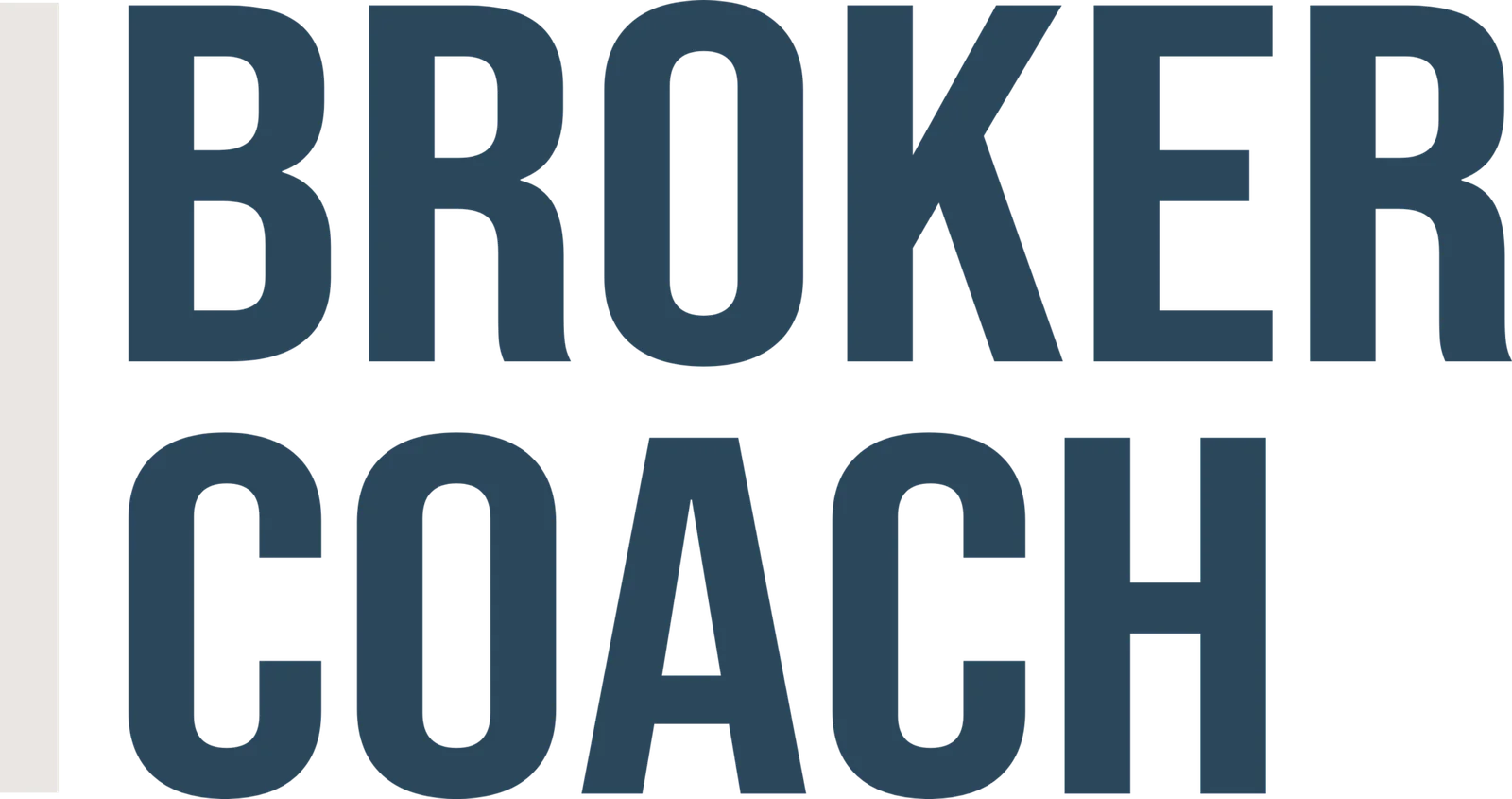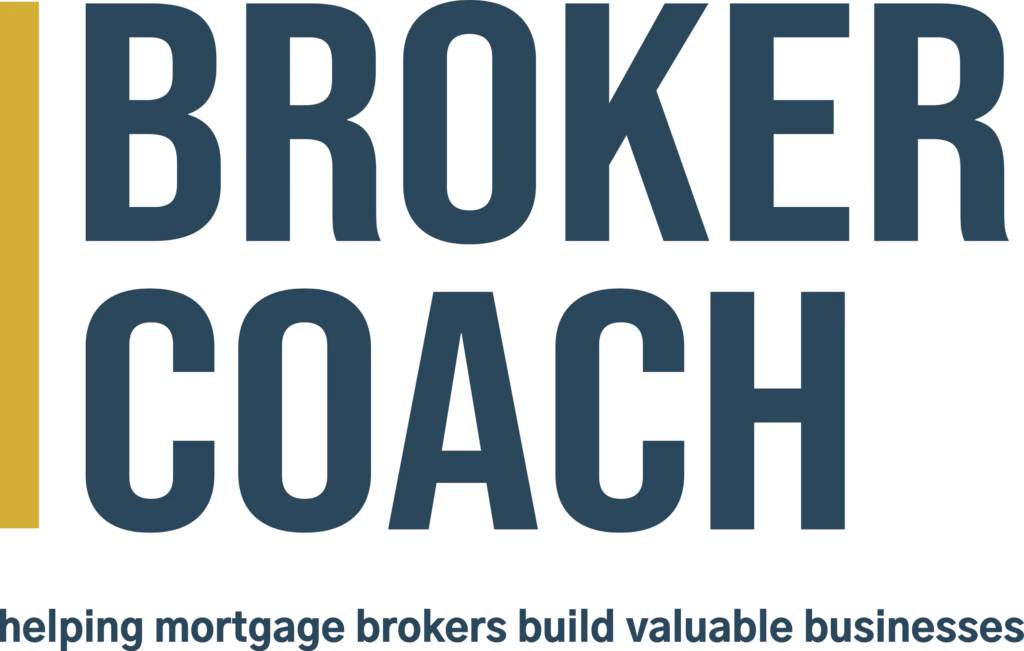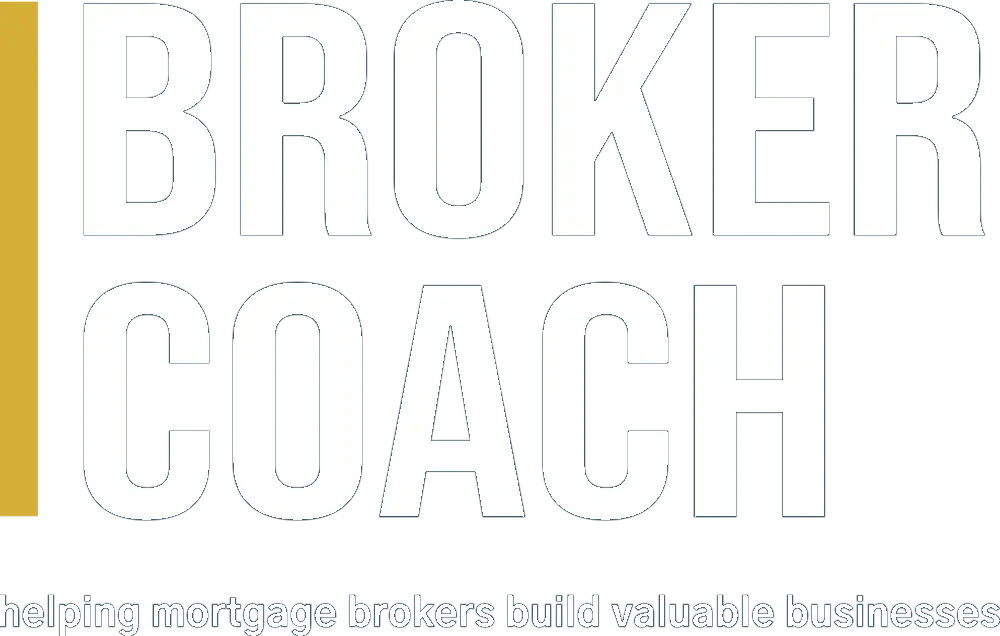If we’re settling $2M a month on our own, we’re doing our job. That’s baseline. The real challenges—the kind that test our systems, expose our bottlenecks, and stretch our mental bandwidth—start showing up between $4M and $6M a month. That’s where the wheels start to wobble unless we’ve got the structure to support the weight. And that’s where smart delegation becomes non-negotiable.
In my own business and the ones I’ve seen grow clean, the brokers that move beyond the grind don’t just delegate—they do it in the right order and with the right expectations.
Let’s break down what that looks like practically.
The Real Trap Isn’t “Doing It All” — It’s Thinking We’re The Only Ones Who Can
When we’re juggling everything from onboarding new clients, writing loans, chasing documents, lodging deals, updating stakeholders, tweaking the CRM, fixing our email copy, and trying to make time for some marketing… it’s not heroic. It’s limiting.
I’ve been there. We’ve all been there. But once volume pushes past $4M/month, there are only two ways forward: we either build a team of responsible parties who own their part of the workflow, or we stay the bottleneck.
Delegating isn’t about losing control. It’s about freeing ourselves up to drive the front end—lead generation, client experience, and deal structuring—without drowning in ops.
Delegation Isn’t Just “Getting Help” — It’s Creating Ownership
I see too many brokers go out and hire a VA or processor hoping to get time back, but what they really need is a “One Touch Machine.” That means each key step—settlements, submissions, credit—is owned, end-to-end, by someone other than us.
Here’s how I approach it:
- Settlements Officer first: this is the most manual part of the workflow, and it’s usually the easiest to hand off. It frees us up fast without compromising quality.
- Submissions Officer second: someone who can prepare the deals, load the docs, and liaise with lenders (settlements officer and submissions manager can be the same person).
- Credit Analyst third: when our volume is big enough, we need someone who can help workshop scenarios and structure files before they come to us for final polish.
- Additional Broker last: only when we’re comfortably oversubscribed on leads and have the back-end built to support them.
That’s the ladder. Trying to shortcut it or hire in the wrong order usually causes more problems than it solves.
The Bigger You Get, The More Your Systems Need to Evolve
A lot of brokers run the same basic setup from $2M/month through to $6M/month, and then wonder why everything feels broken.
The reality is: a system that writes $2M/month isn’t the same system that writes $8M/month. That’s why I’m always thinking in terms of team, tech, and tools—what needs to shift in each area to support the next level of volume?
That might mean upgrading the CRM, refining handover processes, building cleaner templates, or documenting what we do so others can follow it without us explaining every time. It’s about making each handoff cleaner and the business less reliant on our memory or our availability.
Lead Gen Will Expose Every Weak Spot in the Business
Let’s be clear: if we don’t have consistent leads, we don’t have consistent growth. The biggest mistake I’ve made (and seen again and again) is going hard on marketing until we’re busy… then switching it off because we’re “at capacity.”
What happens next? Record month → dropped ball → quiet month → panic. Rinse and repeat.
The fix? Build lead generation that doesn’t rely on hustle. My playbook is:
- Niche-first: Pick a clear market, speak directly to them.
- Paid ads second: Turn the tap on and off based on capacity—but have the tap.
- Content third: Stay present, stay visible, stay valuable.
- Five-star service: Every deal, every client, every time. That’s what fuels referrals and repeat.
We want to be oversubscribed, but we want to get there on purpose.
The Real Game Is Building Something That Doesn’t Break When We Blink
I know a lot of brokers who love the work and never want to stop broking—and that’s fine. But even if we never build a full team, we’re still building an asset. The trail we build is tradable.
Say we’ve got $10K/month in trail—that’s $120K a year. That book alone could be sold for $360K at a 3x multiple, even as a solo operator. But the brokers who build a clean, leveraged business? They’re the ones getting far more than that at exit.
The missed opportunity isn’t just the income we leave on the table when we burn out or plateau—it’s the long-term upside we never see because we didn’t systemise what we had.
Final Thought
Delegation isn’t about “scaling.” It’s about writing more business, with less friction, and more flow. It’s about staying front-end focused—meeting clients, selling value, writing smart deals—without getting dragged back into follow-ups, file notes, and approvals.
We don’t need to do it all.
We just need the right structure, in the right order, at the right time.
That’s what builds a brokerage that works—and a business that’s actually worth something in the long run. Much of what comes up in coaching for mortgage brokers is exactly this: how to delegate in the right order, keep the focus on the front end, and build a business that doesn’t fall apart as volume grows.


